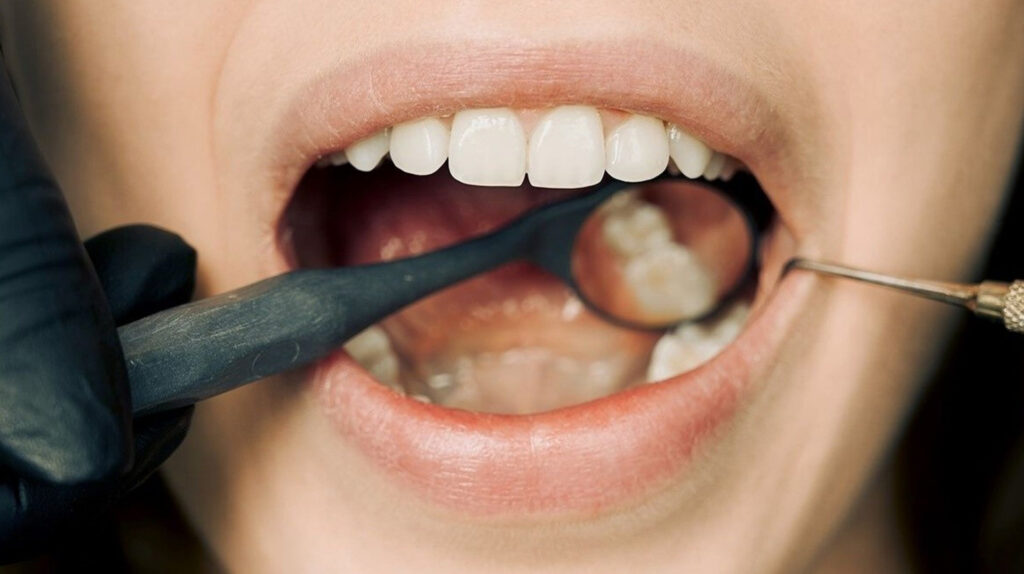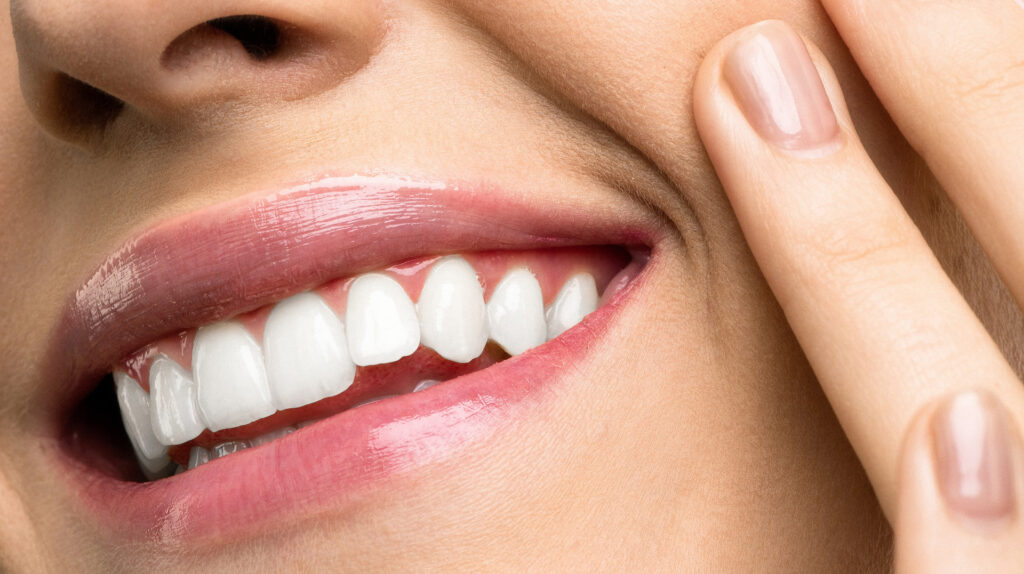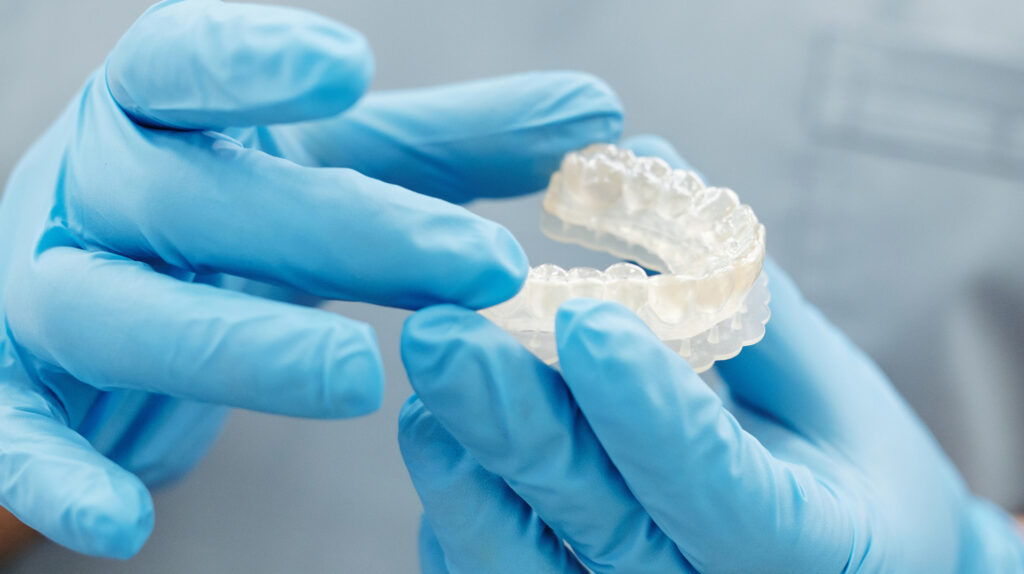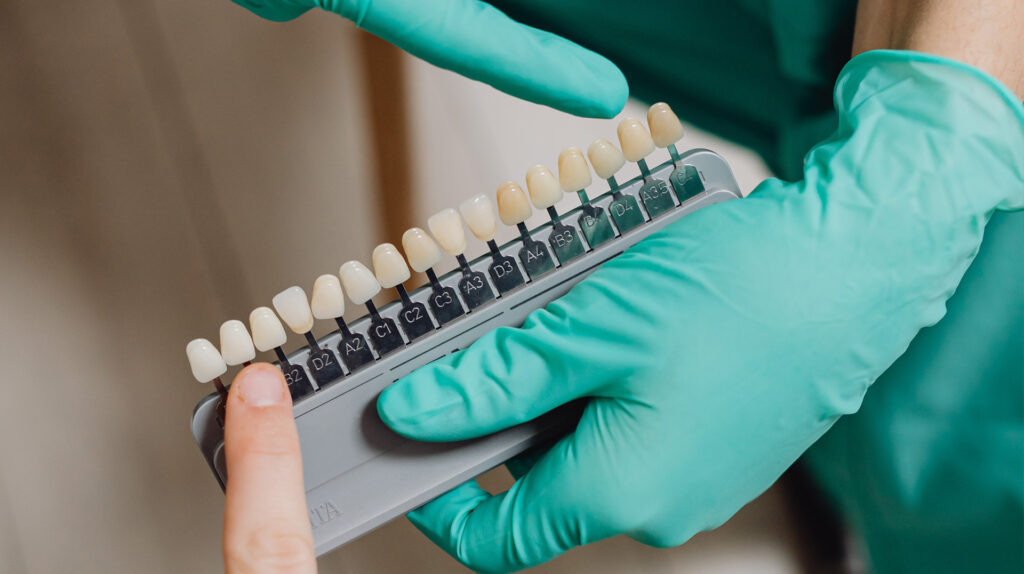Fluoride, a naturally occurring mineral, has been a hot topic in dental health conversations for years. Known for its role in fighting tooth decay, fluoride is commonly added to public water supplies, dental products, and even some foods. Despite its widespread use, fluoride often sparks debate, surrounded by myths and misconceptions. Fluoride has many benefits, including keeping our teeth healthy.
The Benefits of Fluoride
Fluoride is a superstar when it comes to preventing tooth decay and boosting dental health. It works by helping to remineralize tooth enamel. When our teeth are exposed to acids from bacteria in the mouth, the enamel can break down, leading to cavities. Fluoride helps reverse this process by encouraging minerals to redeposit into the enamel, making it stronger and more resistant to acid attacks.
Studies have shown how effective fluoride is at reducing dental caries. The Centers for Disease Control and Prevention (CDC) reports that fluoride in water has reduced tooth decay by approximately 25% in both kids and adults. Plus, the widespread use of fluoride toothpaste has significantly reduced cavities over the past few decades.
Other Benefits of Fluoride
Beyond its well-known role in preventing cavities, fluoride offers several other benefits that contribute to overall oral health.
Reduces Dental Sensitivity: Fluoride can help decrease tooth sensitivity. By strengthening the enamel, fluoride makes teeth less prone to sensitivity caused by hot, cold, sweet, or acidic foods and drinks.
Combats Acid Erosion: Regular exposure to fluoride can protect teeth from acid erosion caused by acidic foods and beverages, as well as stomach acid in cases of acid reflux. This protection helps maintain the integrity of the enamel.
Supports Saliva Function: Fluoride enhances the remineralization process by working synergistically with saliva. Saliva naturally contains minerals like calcium and phosphate, and fluoride helps these minerals deposit more effectively into the enamel.
Helps in Orthodontic Treatment: For individuals undergoing orthodontic treatments, such as braces, fluoride can be particularly beneficial. It helps protect against cavities and demineralization around brackets and wires, ensuring better oral health during and after treatment.
Aids in Repairing Early Tooth Decay: Fluoride can help reverse early signs of tooth decay before cavities form. By enhancing the remineralization of enamel, fluoride can repair tiny demineralized areas on teeth, preventing them from developing into full-blown cavities.
Reduces Plaque Buildup: Fluoride can help reduce the buildup of plaque, the sticky film of bacteria that forms on teeth. By inhibiting the growth of harmful bacteria, fluoride helps maintain a healthier oral environment.
Myths and Misconceptions
Myths and misconceptions about fluoride have popped up over the years, making some uneasy. One common myth is that fluoride is a dangerous industrial byproduct. It’s true fluoride compounds can come from industrial processes, however, the fluoride used in water and dental products is purified and strictly regulated to ensure it’s safe and effective.
Another misconception is that adults don’t need fluoride. While fluoride is especially helpful for kids with developing teeth, adults can benefit, too. Adults are prone to dental caries, particularly root caries, which fluoride can help prevent.
The benefits of fluoride are significant. Fluoride is a key player in dental health, with a proven track record of preventing tooth decay and improving oral hygiene. While it’s always important to address real safety concerns, it’s just as crucial to debunk unfounded myths and misconceptions. Regulatory bodies ensure that fluoride levels in public water supplies and dental products are safe and effective. Knowing the truth about fluoride helps everyone make better decisions about their dental care, leading to healthier smiles all around.











